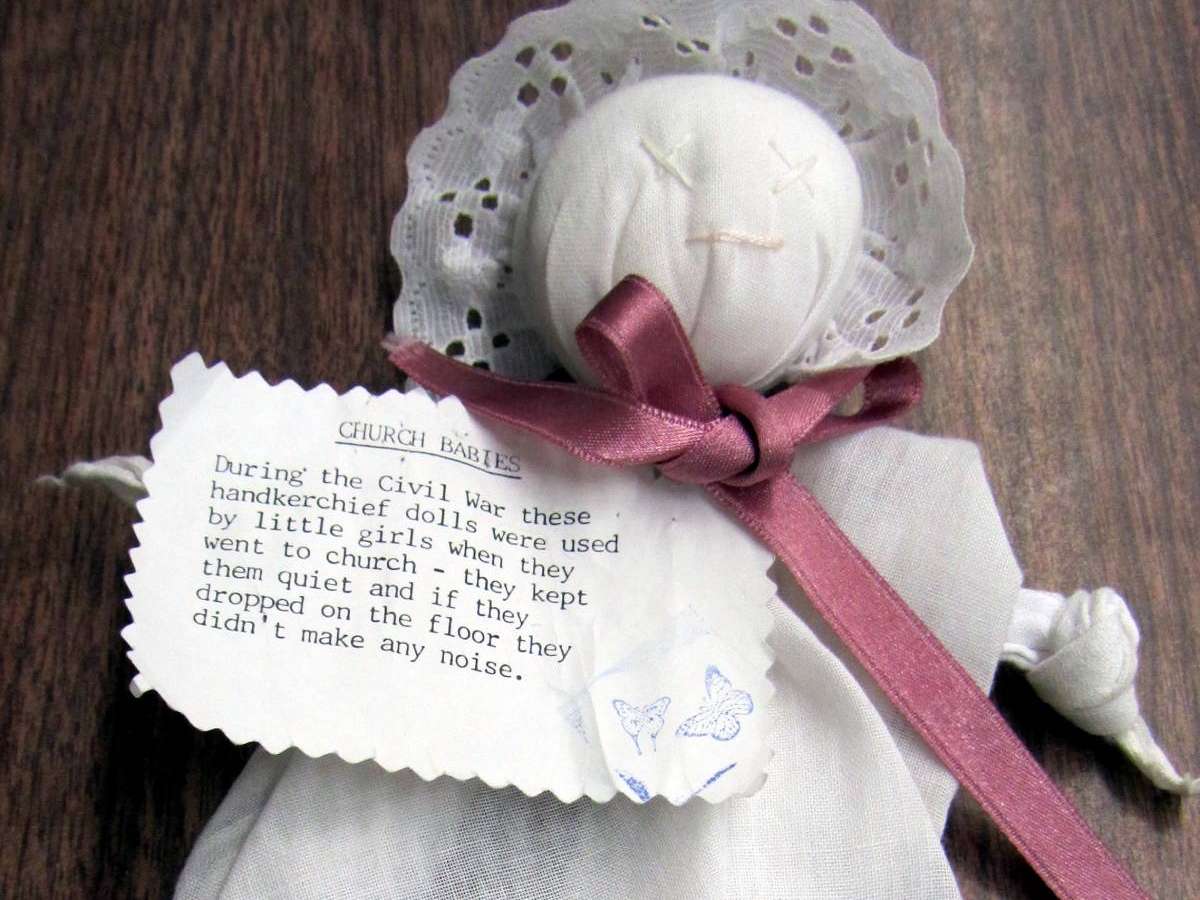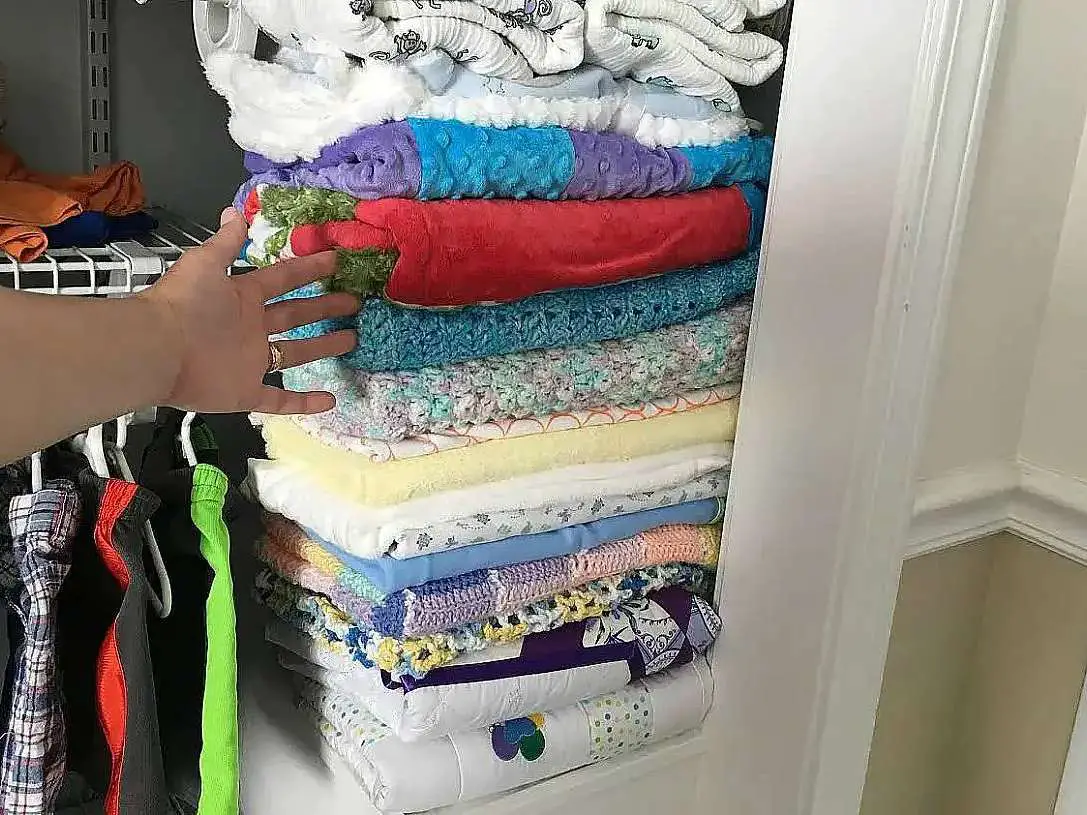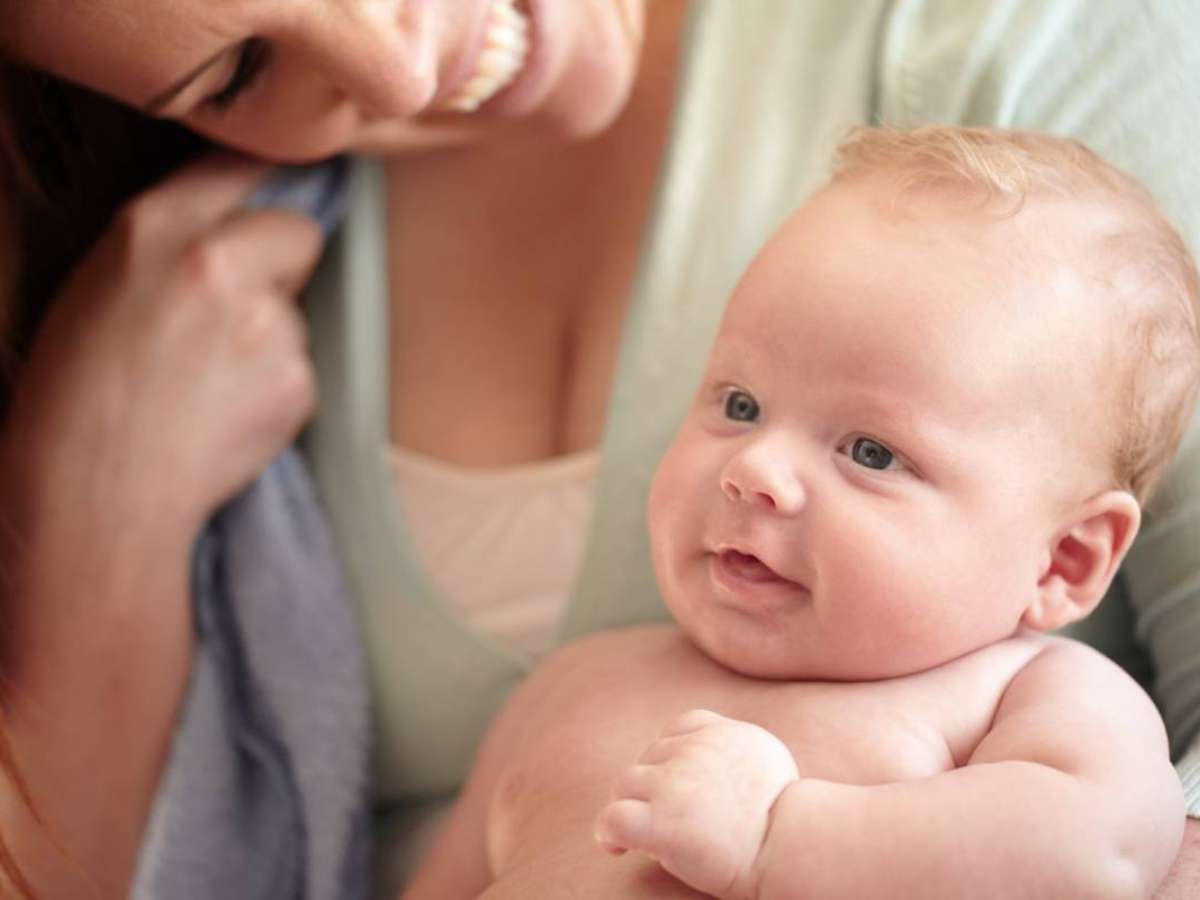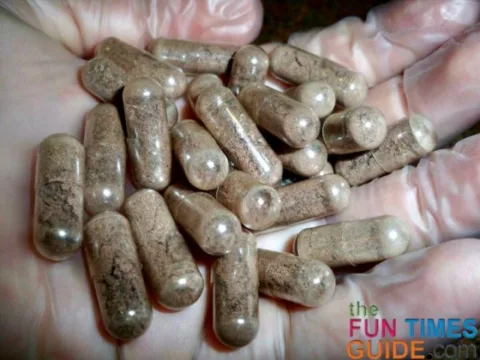
I thought I’d share the details of how and why I consumed my placenta after the birth of my son.
Some of you may be squeamish at the very thought of eating placenta.
Some of you may also be asking, “What is a placenta?”
Or… “What is placenta encapsulation?”
And… “What are the benefits of taking placenta capsules?”
While eating placenta definitely isn’t for everyone, here’s how I did it and why I chose to consume my placenta (in the form of capsules) after the birth of my son.
What Is A Placenta?
Well for starters, the placenta is the organ that develops inside the uterus that nourishes the baby throughout the pregnancy.
Not only does it keep the baby thriving, but it also gives the mom a healthy dose of extra hormones to endure those long months of housing a tiny human especially near the end of pregnancy.
Of course, the placenta does much more than that — but that is its role in a nutshell.
The placenta is a baby’s in-utero power pack, providing the fetus with all the vitamins, minerals, and nutrients — not to mention oxygen — to grow from just a few cells to a full-fledged tiny person. The placenta is also loaded with iron and vitamins B6 and B12, as well as estrogen and progesterone, both important postpartum hormones.
~What To Expect
Not only does the mom give birth to the baby, she also delivers her placenta afterwards.
The placenta is rightfully hers to do what she pleases with it.
However there are some states in which hospitals will make the mom jump through all kinds of hoops to have her placenta released.
Benefits Of Placenta Encapsulation
The encapsulation piece of the process is where the placenta is steamed or dehydrated, then ground up and put into capsule form for the mom to take as a supplement.
Placenta encapsulation has been around for centuries — mostly practiced in Chinese culture. It is gaining momentum in the USA and I hope further research will prove the benefits.
The first published references to the practice of maternal placentophagy are tied to the home birth and natural birth movement in the U.S. during the 60s. It is really only in the last 10 years that it has become a well known — if rare — practice.
~The Guardian
While some will argue the placebo effect from eating placenta, some of the possible benefits are:
- Increased hormone levels of oxytocin
- Increased stress reducing hormones
- Increased energy
- Increased milk supply
- Reduction in postpartum depression levels
- Restoration of iron levels in the blood
All of these aid in bonding with the infant and shrinking the uterus back to normal size.
I was more interested in the direct benefits during the recovery after birth.
How Placenta Encapsulation Is Done
Personally, I wasn’t prepared to cut up and eat the organ in my food or smoothies. Nor was I interested in encapsulating the placenta myself.
Through a Google search, I found a lady named Holly Stewart of East Tennessee Placenta Medicine in Knoxville, Tennessee who does the whole process.
For less than $200 she came to the hospital after delivery and picked up my placenta. (The hospital kept it in the fridge for me until she could get there.)
A few days later, Holly delivered the capsules to my home.
Placenta encapsulation appears to carry no inherent risk if ingested solely by the mother.
~American Pregnancy
She also made several prints of my placenta (my favorite is the ‘tree of life’ pictured below) and a cute heart made from the remainder of the umbilical cord.
Both of these are wonderful keepsakes!
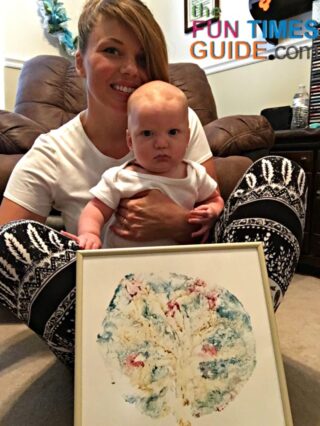
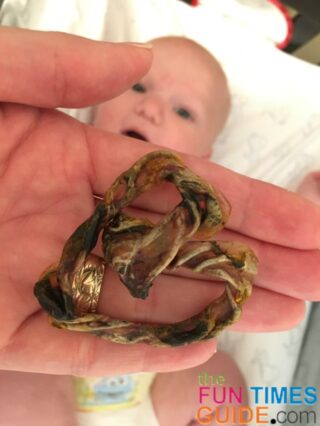
Umbilical cord art is the new way that parents are preserving memories of their newborn babies!
Eating Placenta Worked For Me
For the first week, I took 2 capsules in the morning and 2 at night.
After that, I took 1 capsule in the morning and 1 at night until I ran out (approximately 2-1/2 months later).
Anthropologists at the University of Nevada Las Vegas (UNLV) found subjects for a study that looked at women’s reasons for eating their placentas and the effects they reported experiencing. These may well have been what Western medicine would call placebo effects, but nonetheless provide a rare look into the mindsets of people to whom the practice makes sense. The authors interviewed 189 women over the age of 18 who use the Internet and who had ingested their placenta after the birth of at least one child. Such women turned out to be overwhelmingly white, American, middle-class, college-educated home-birthers. Most reported positive effects. And in what might be the most important measure of what exactly is going on here, most said they would do it again for their next birth.
~The Atlantic
Placebo or not, I experienced these benefits firsthand:
- My uterus shrank back to normal size.
- I definitely bonded with my new baby boy.
- I never once felt depressed.
- I had amazing energy, considering I had hardly any sleep for the first few weeks.
- And I’m sure I had an over-supply of milk.
Here’s a video I made about my Placenta Encapsulation experience:
If you’re an expectant mom, I would encourage you to conduct your own research and see if placenta encapsulation is right for you.

